"Knock,
knock."
"Who's there?"
"Don't ask. Don't
tell."
No one is
laughing.
After 13 years,
it is time to end the silence created by the military's
"don't ask, don't tell" policy, which forbids openly gay and
lesbian people from serving in the armed forces. For
thousands of gay, lesbian, and bisexual soldiers
already serving, silence and invisibility are
essential to survival. Despite being courageous defenders of
humanity, these service members are forced to deny their own
identity. They exist in an inverted reality where
deceit is mandatory, truth is illegal, and abuse is
their compensation. The pain of secrecy is only
eclipsed by the fear of expulsion.
But, help is on
the way: I will not be silent or invisible.
In Philadelphia
on August 1, I attempted to enlist in the United
States Army as a proud gay man, but I was turned away. The
recruitment supervisor courteously informed me and two
others that I was "morally and
administratively ineligible to serve my country,"
when we tried to sign up, sincerely intending to serve
if accepted.
The sergeant's
poignant words only reinforced my resolve and confirmed my
resilience. Upon leaving the center, I was greeted by
heartfelt words of appreciation and encouragement from
the media and friends. As it turns out, Philadelphia
residents agree that my right to serve is no laughing
matter.
Despite our
genuine desire to serve and our proven aptitude, rejection
has been the unvarying outcome thus far of our attempts to
enlist. Our refusal to misrepresent ourselves has
disqualified us as military recruits, but my story and
those of others like me are not yet over. When we are
rejected, we will rally support and conduct a sit-in to
protest this government-sanctioned discrimination.
So far, capable
and competent openly gay young adults in Minneapolis,
Philadelphia, and Milwaukee have tried to enlist in various
branches of the military, but we are just the
beginning of a chain of events that are about to
increase nationwide.
Twenty-seven
additional cities are going to join us in this Soulforce-led
campaign called the Right to Serve. We hope that our bold
efforts in the Right to Serve will inspire young
adults in other communities to follow suit.
Such an effort is
unprecedented. Never before have so many gay young
people challenged this law in an organized effort by
sincerely attempting to enlist while refusing to
compromise our integrity and lie as a condition of
service. We are solid in our commitment to do justice
and refuse to acquiesce to legalized oppression. Recruitment
centers may allow us to sit in for a week, or they may
have us arrested after 20 minutes. We accept what
risks come, whether financial or social. When it is a
justice issue, we cannot take no for an answer. Truth fears
no trial.
In unison with
judicial advocacy and efforts to lobby Congress, our
campaign is a national endeavor to bring into existence an
inclusive military that does not discriminate on the
basis of sexual orientation and honors the service of
all its members. We are hoping to bring attention
to the Military Readiness Enhancement Act, a bill in
the House that, if passed by the House and Senate and
signed into law, would lift the ban on openly gay,
lesbian, and bisexual service.
Prior to 1993,
the reigning mind-set was that homosexuality was totally
incompatible with military service. Anyone suspected of
being gay, lesbian, or bisexual, was investigated and
subsequently prosecuted. Current law, however,
dictates that service members face investigation and
discharge only if they "disclose their sexuality or engage
in homosexual conduct." The attempt to marry someone
of the same gender, for example, qualifies as grounds
for removal.
Since the
law's inception, more than 11,000 individuals have been
discharged under '"don't ask, don't tell," including skilled
linguists, medical specialists, and combat engineers.
Ideally, laws exist to guarantee liberty, maintain
order, and promote societal betterment. But this
intolerant policy is destructive, costly, and immoral. It
embodies the notion that LGBT people are inferior and, as
such, should be treated like second-class citizens.
And worst of all, it is sanctioned by the federal
government.
We are taking
this to Congress through the American people because we
need the indignation and support of the public at large to
lift this ban. The young adults spearheading this
campaign ask you to be involved, not just because we
need dollars or bodies, but because we need your voice
and your vote and your sense of justice.
Thirteen years is
long enough; 2006 is late enough. It is time for our
rights and our humanity to be taken seriously by our
government and our fellow citizens. The issue of
"don't ask, don't tell" is the next avenue for us to
make inroads toward achieving LGBT equality.






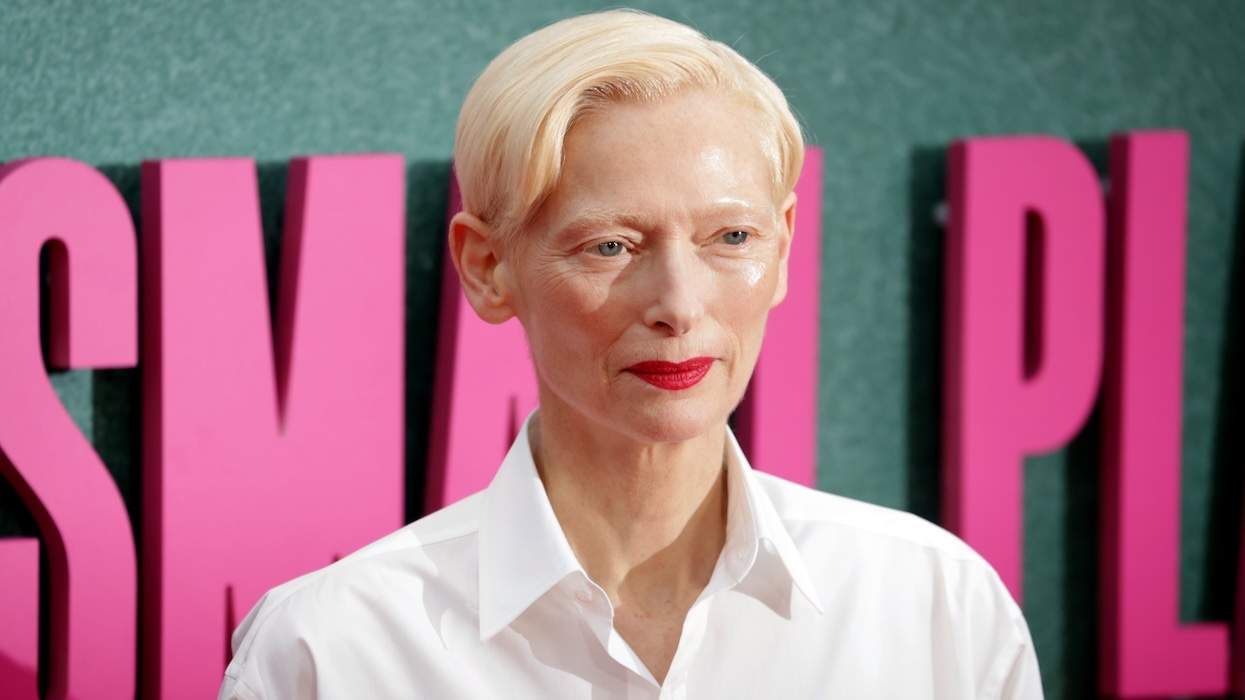
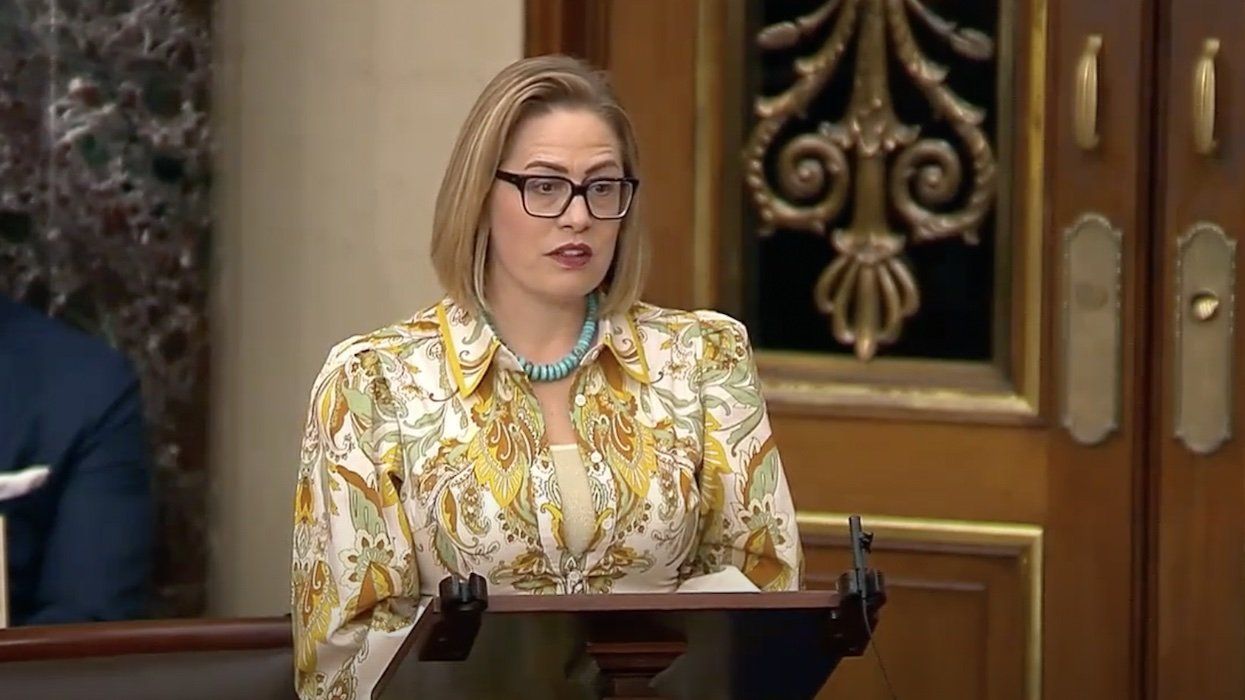
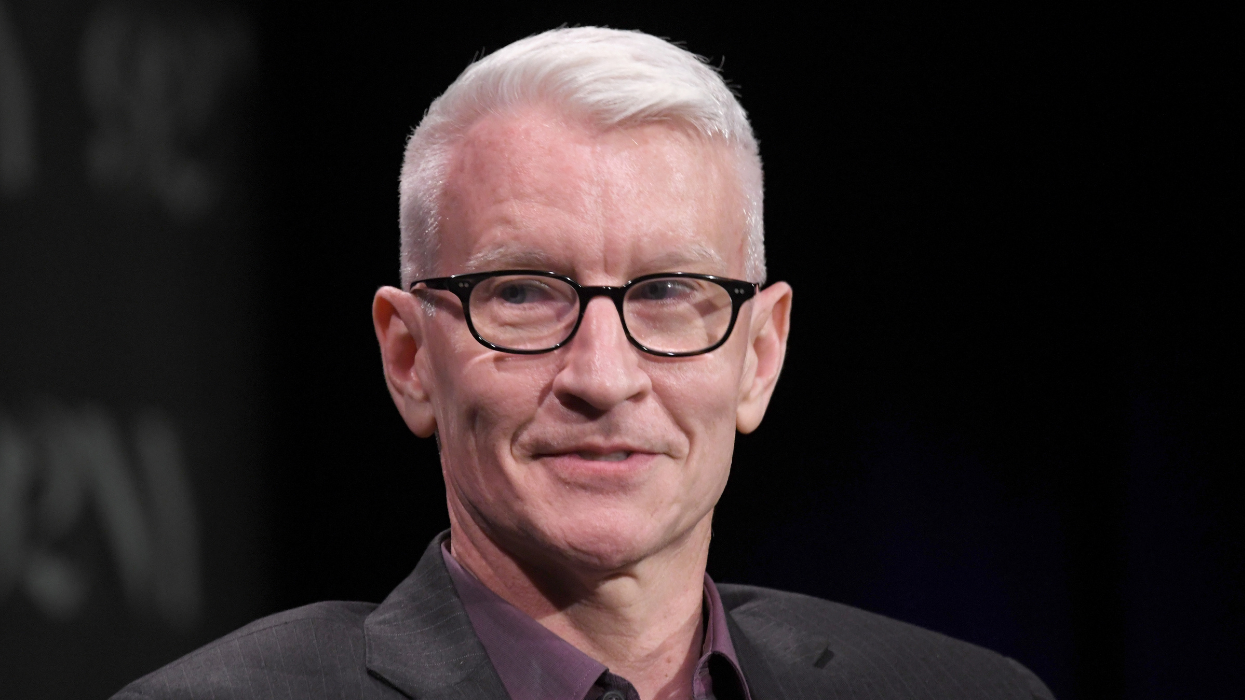
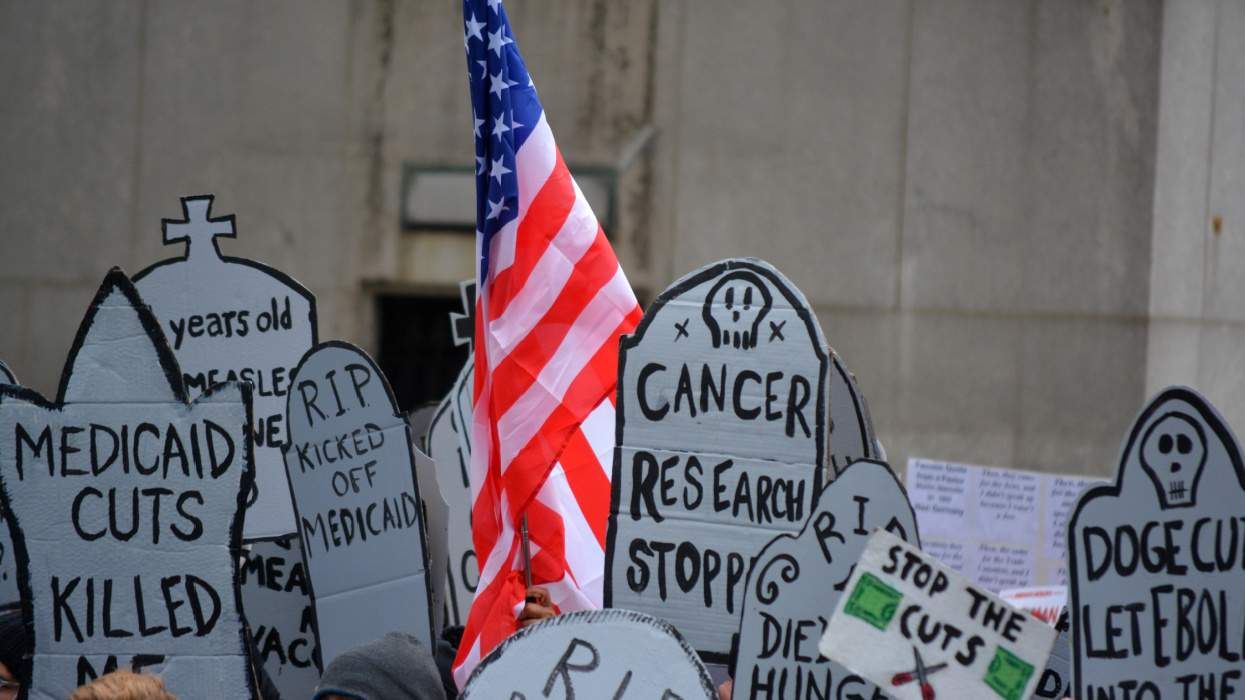
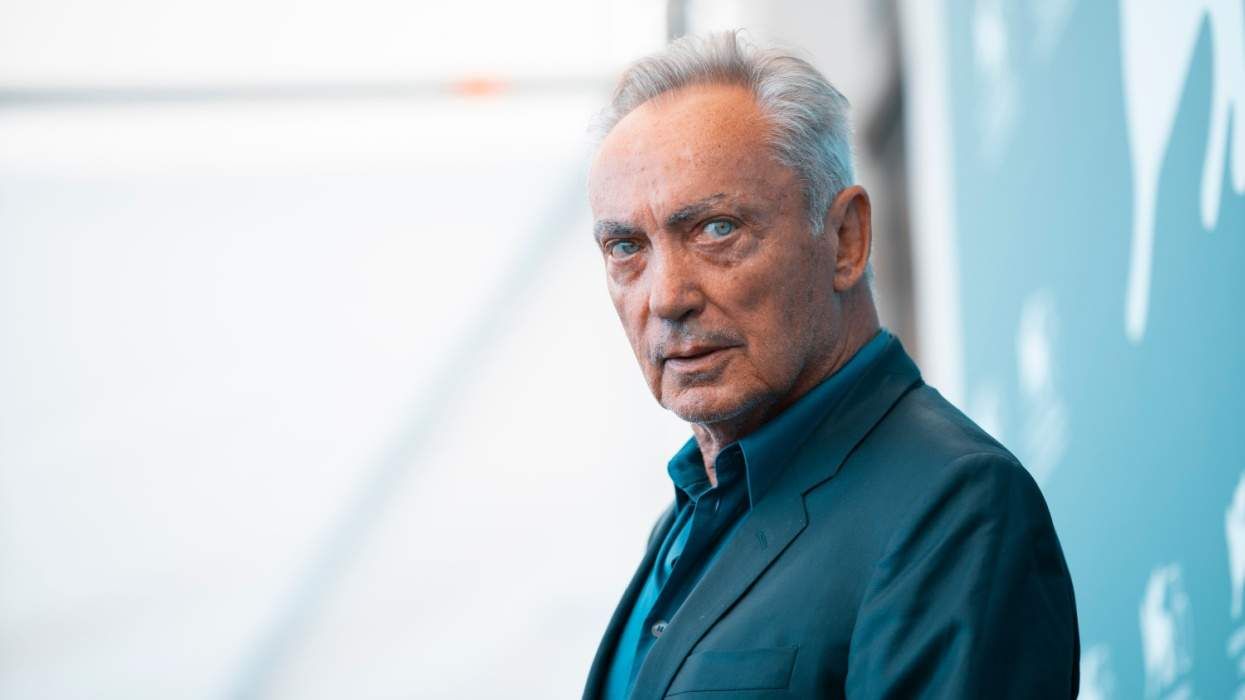

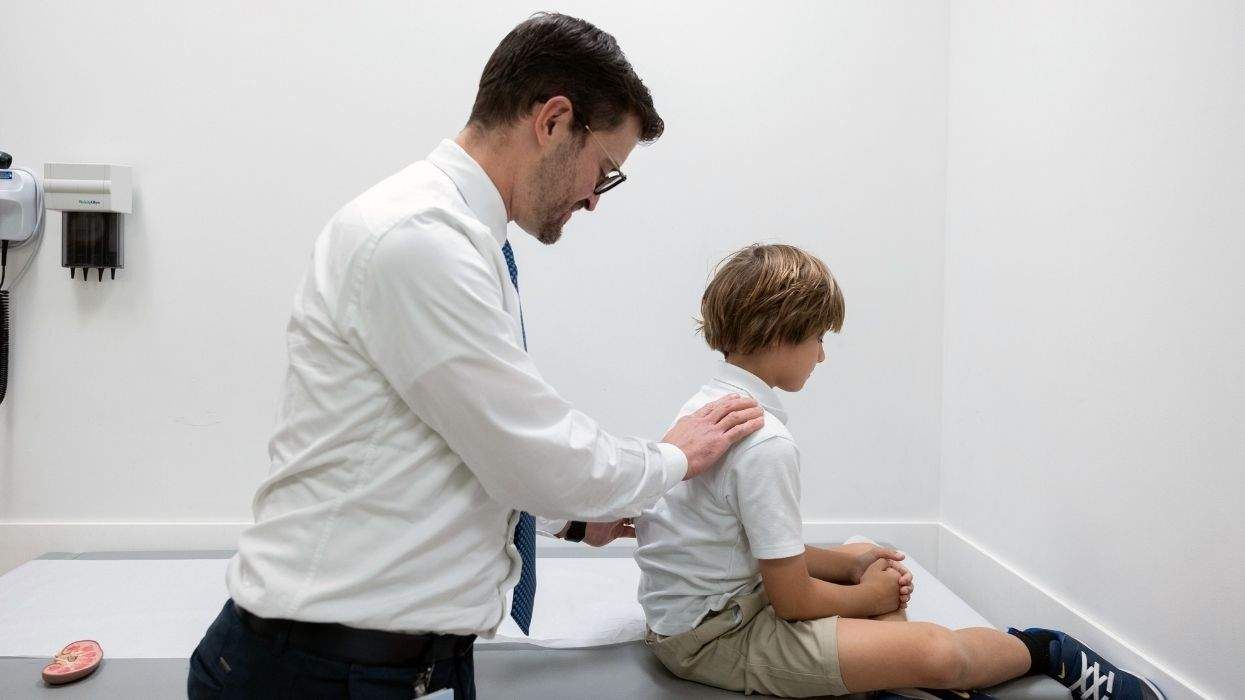

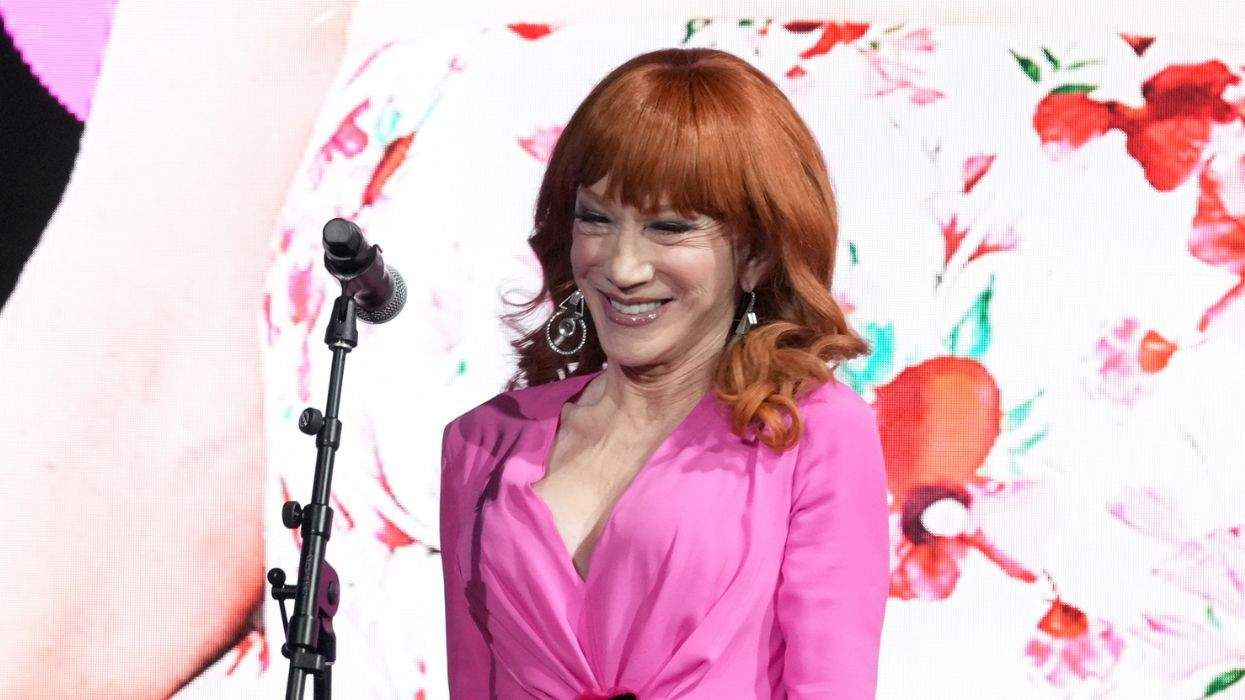

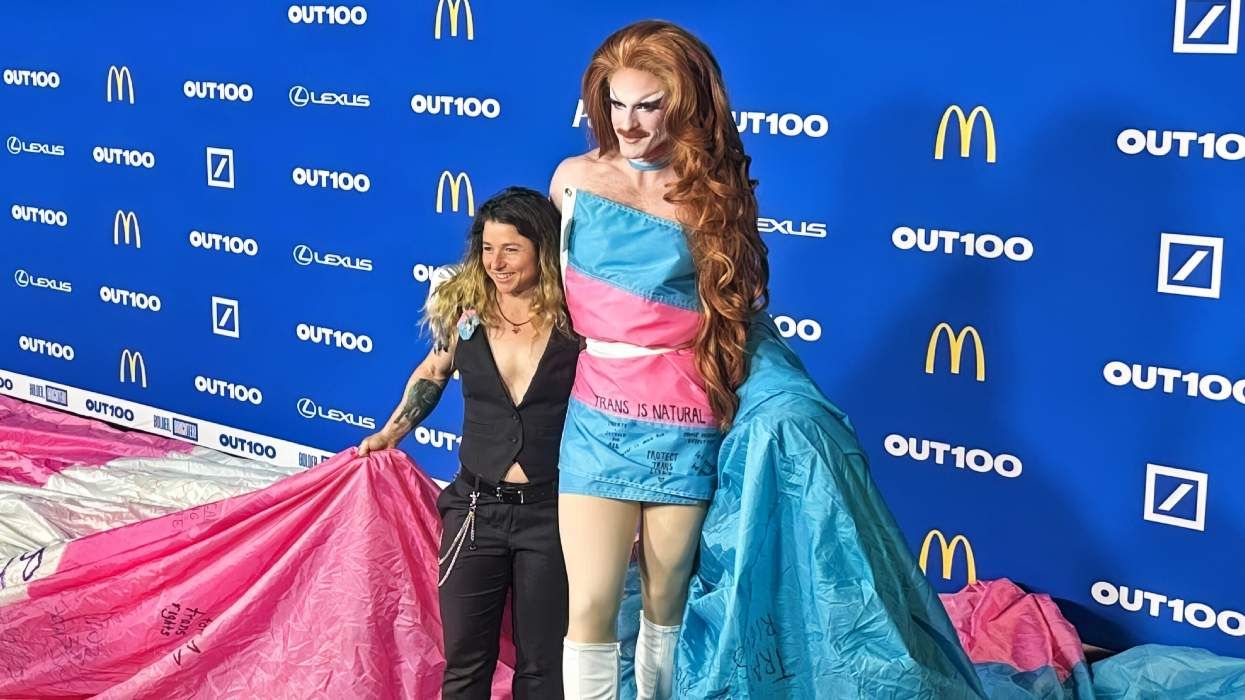
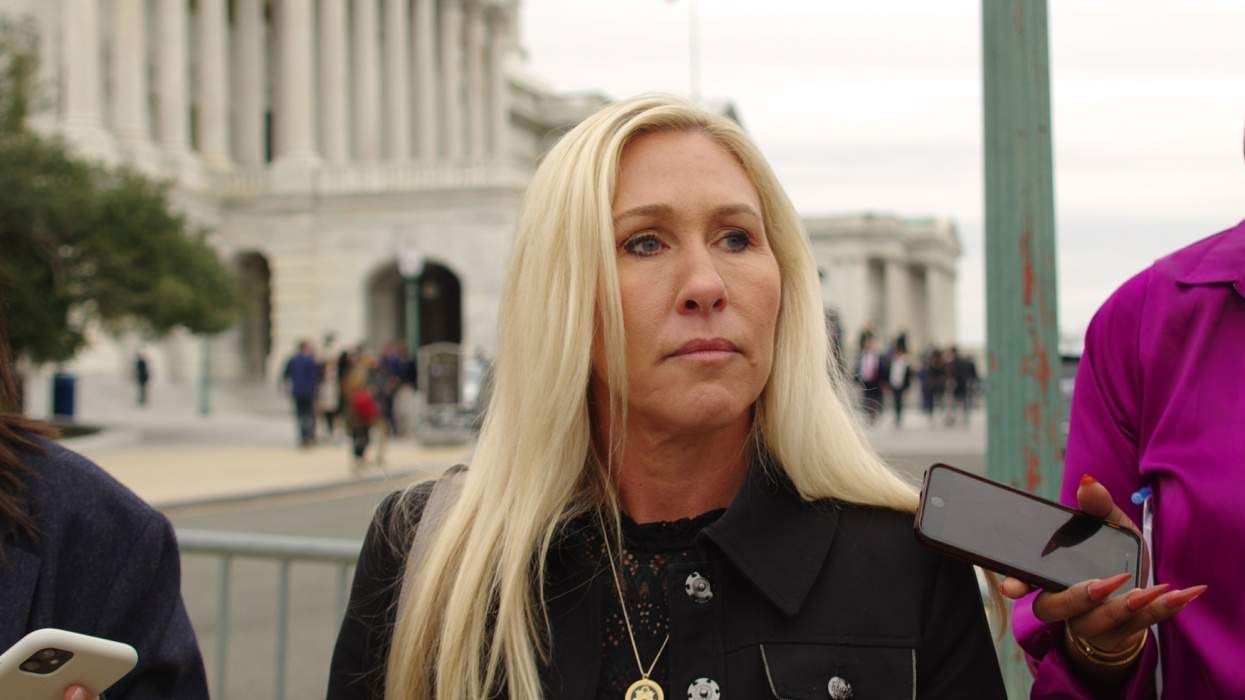
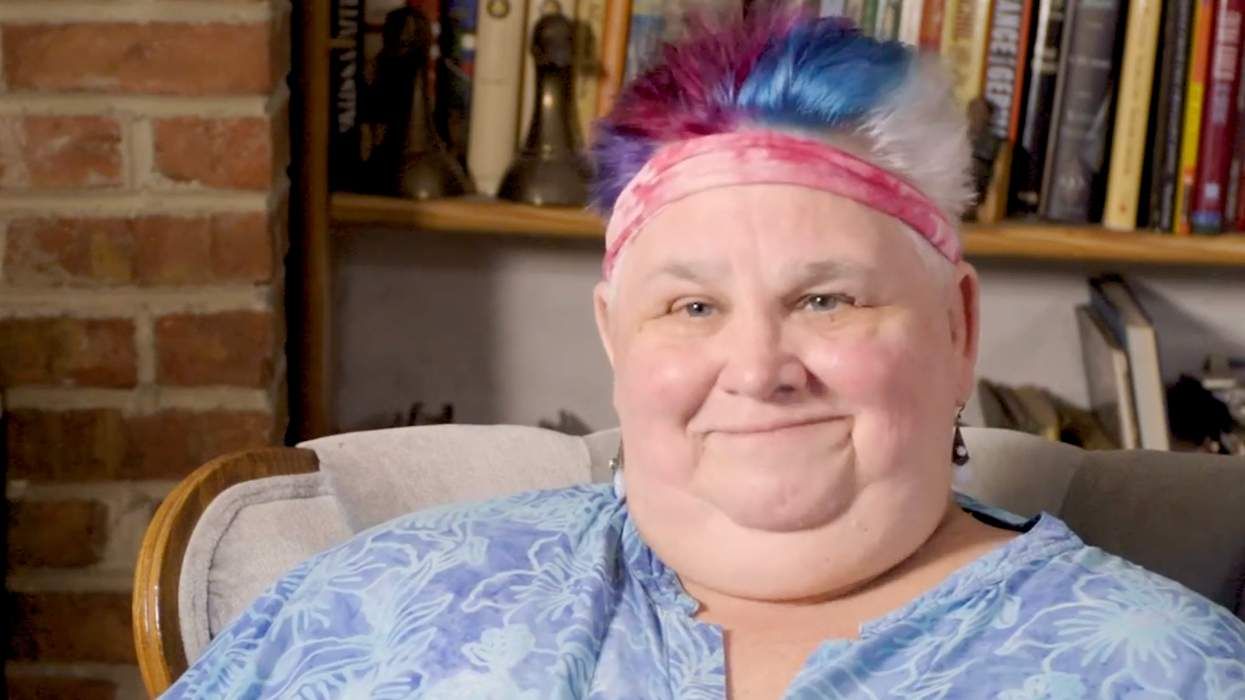
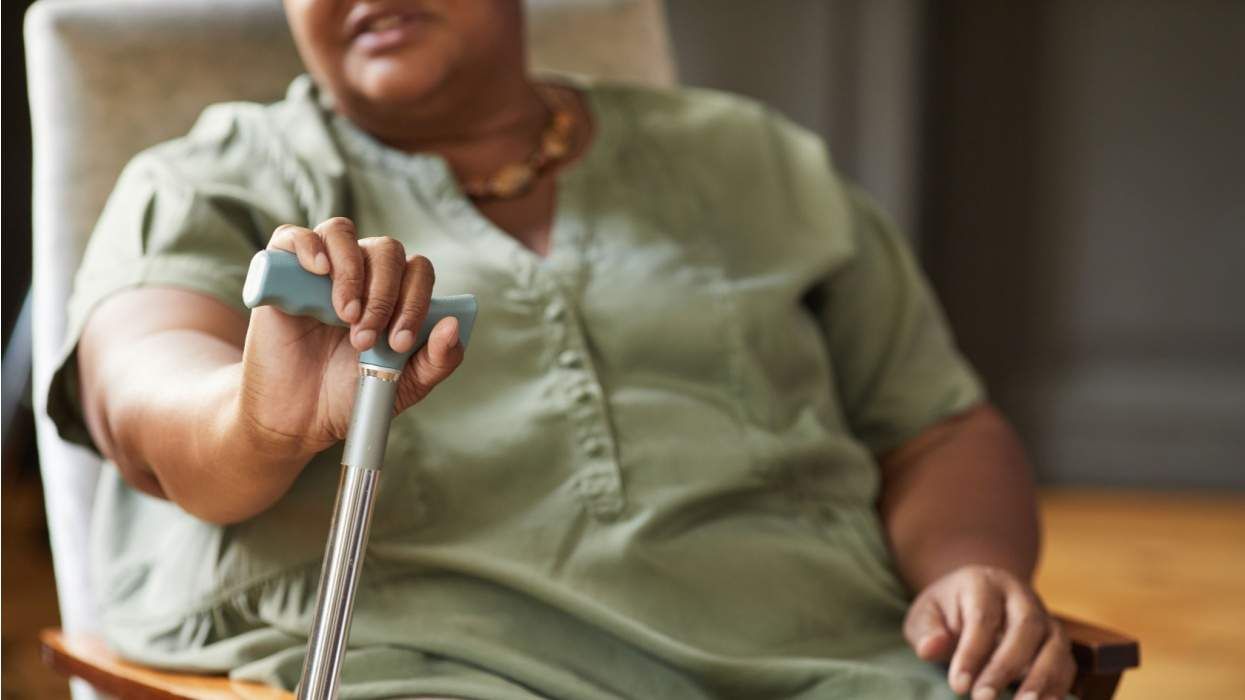
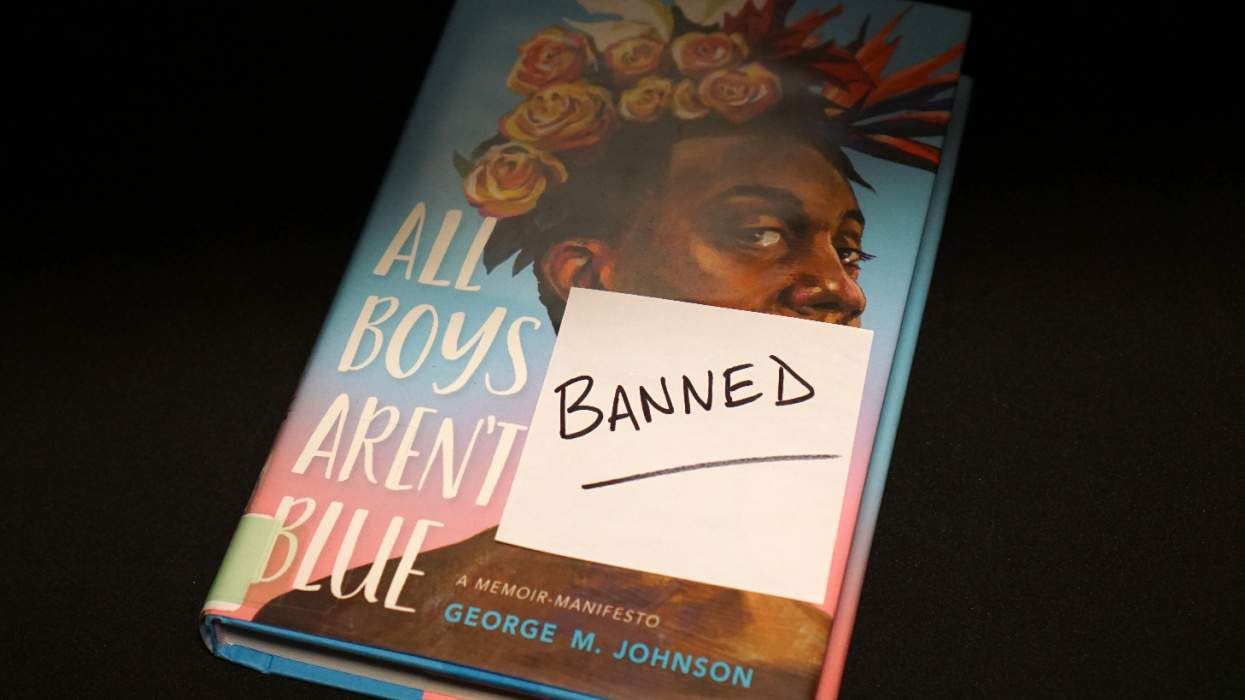
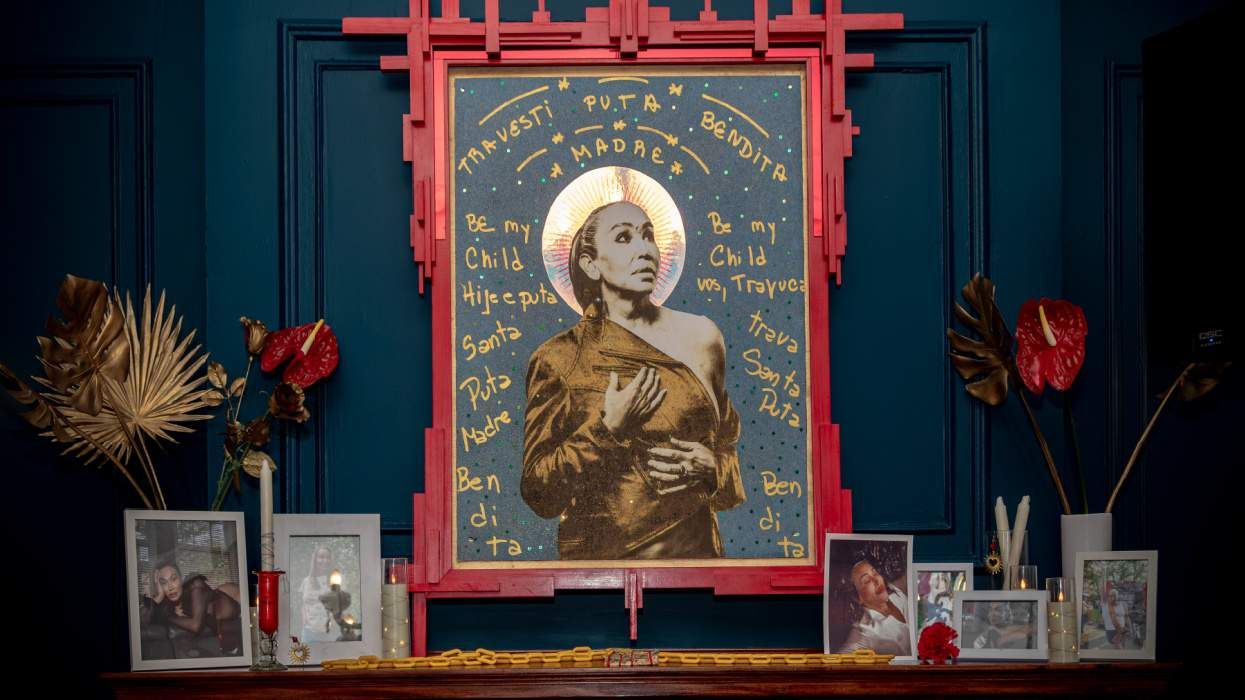
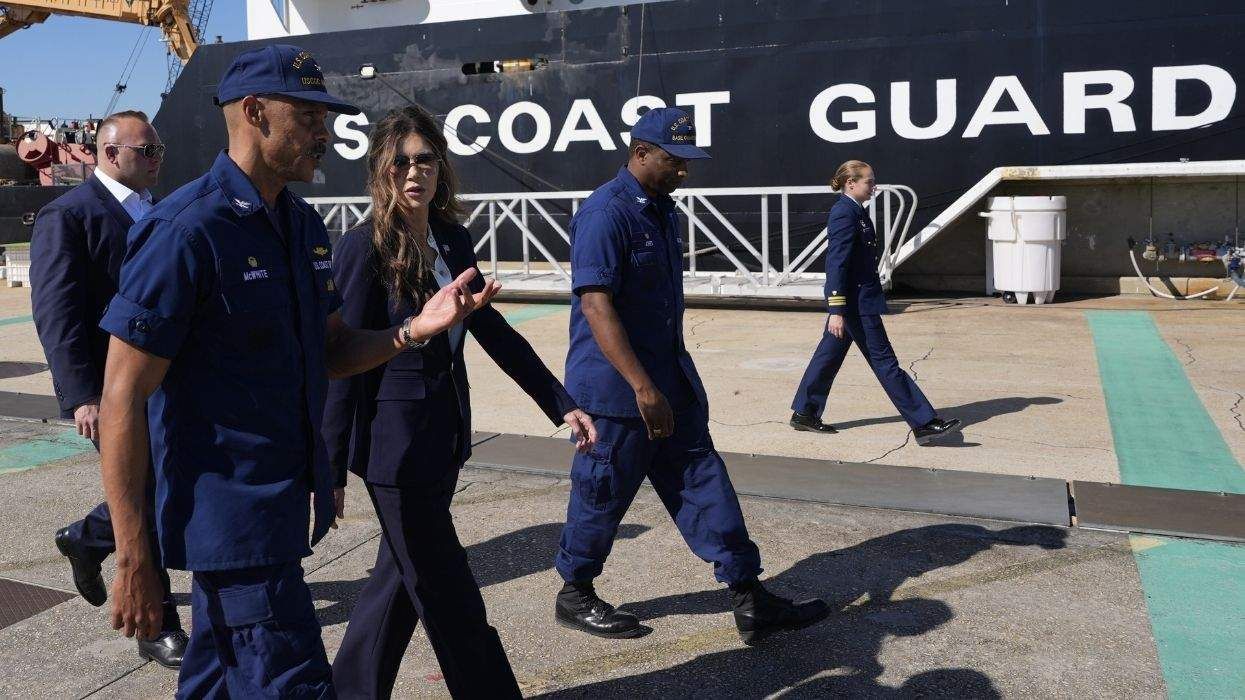
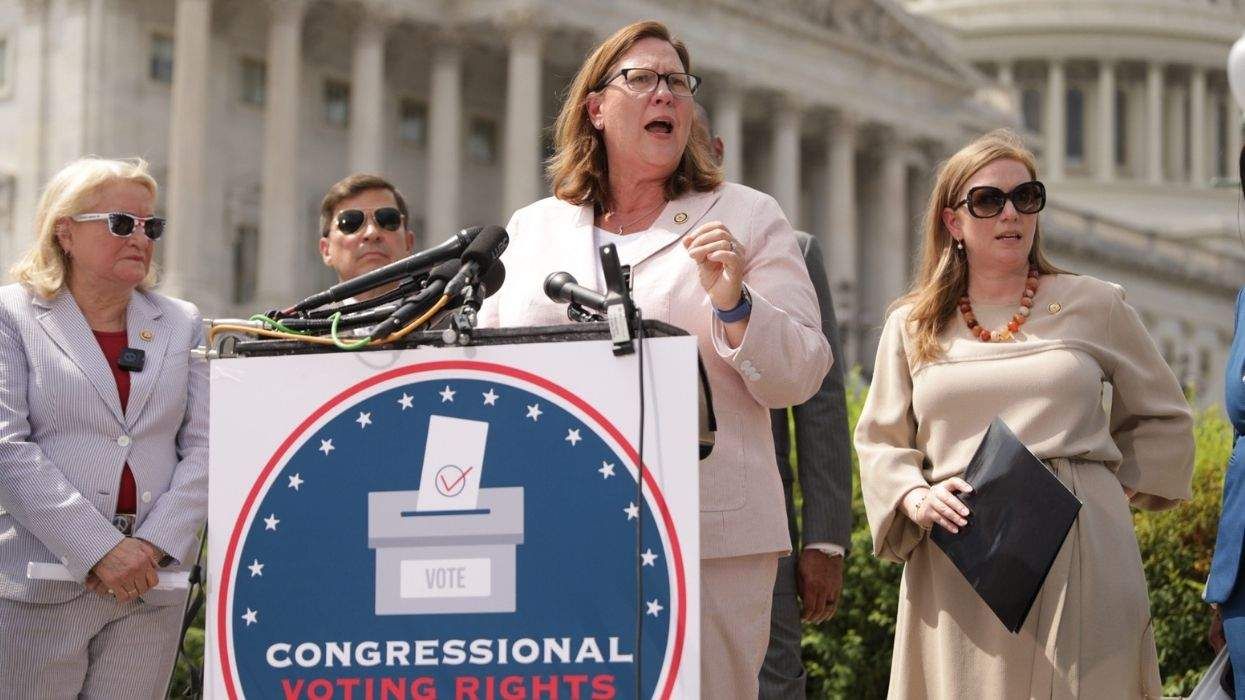
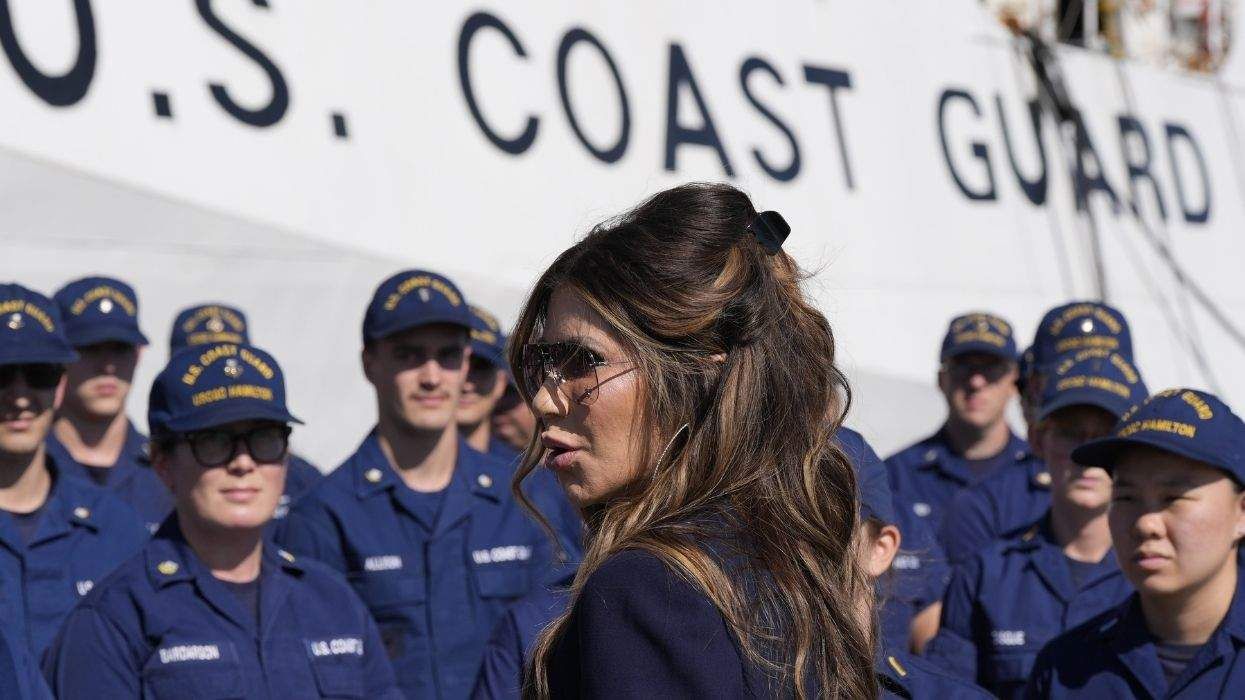
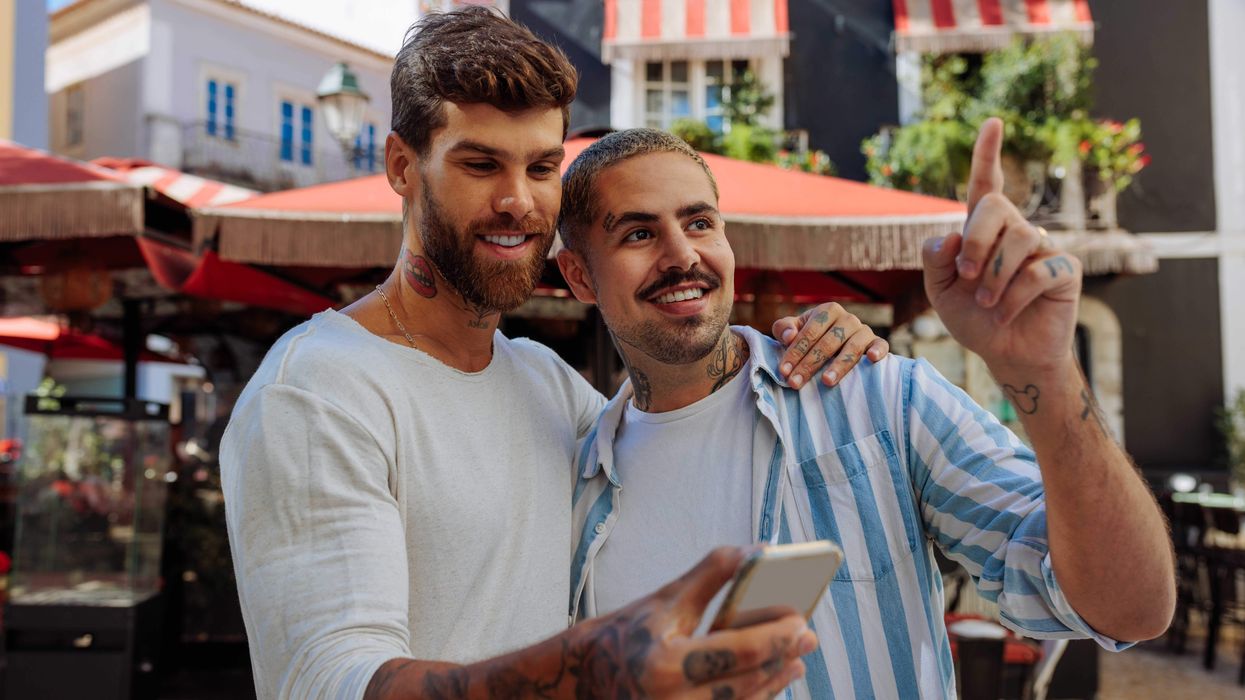



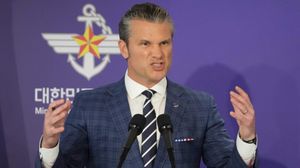






















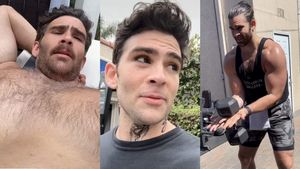






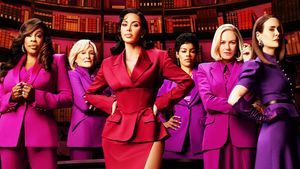






Charlie Kirk DID say stoning gay people was the 'perfect law' — and these other heinous quotes